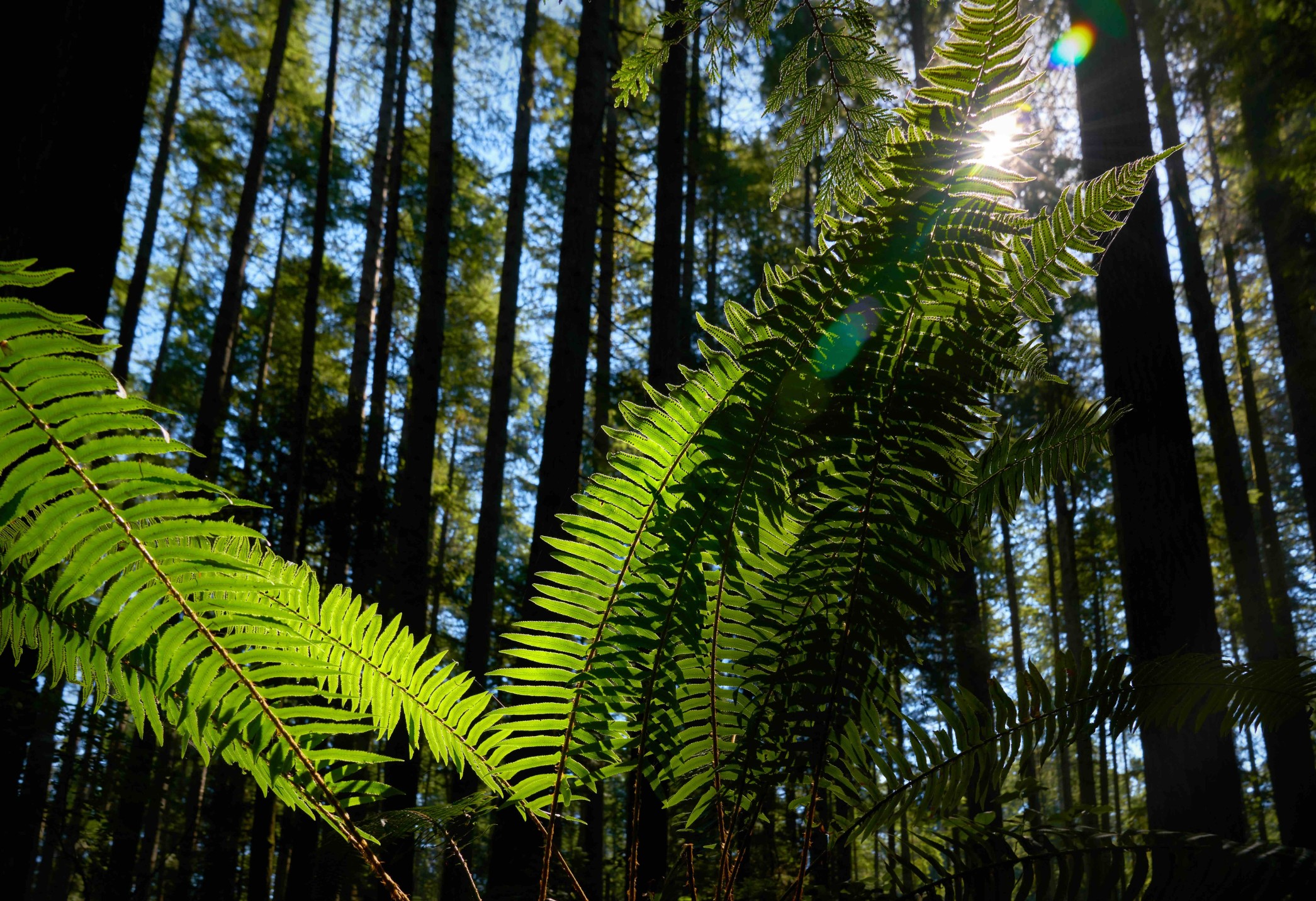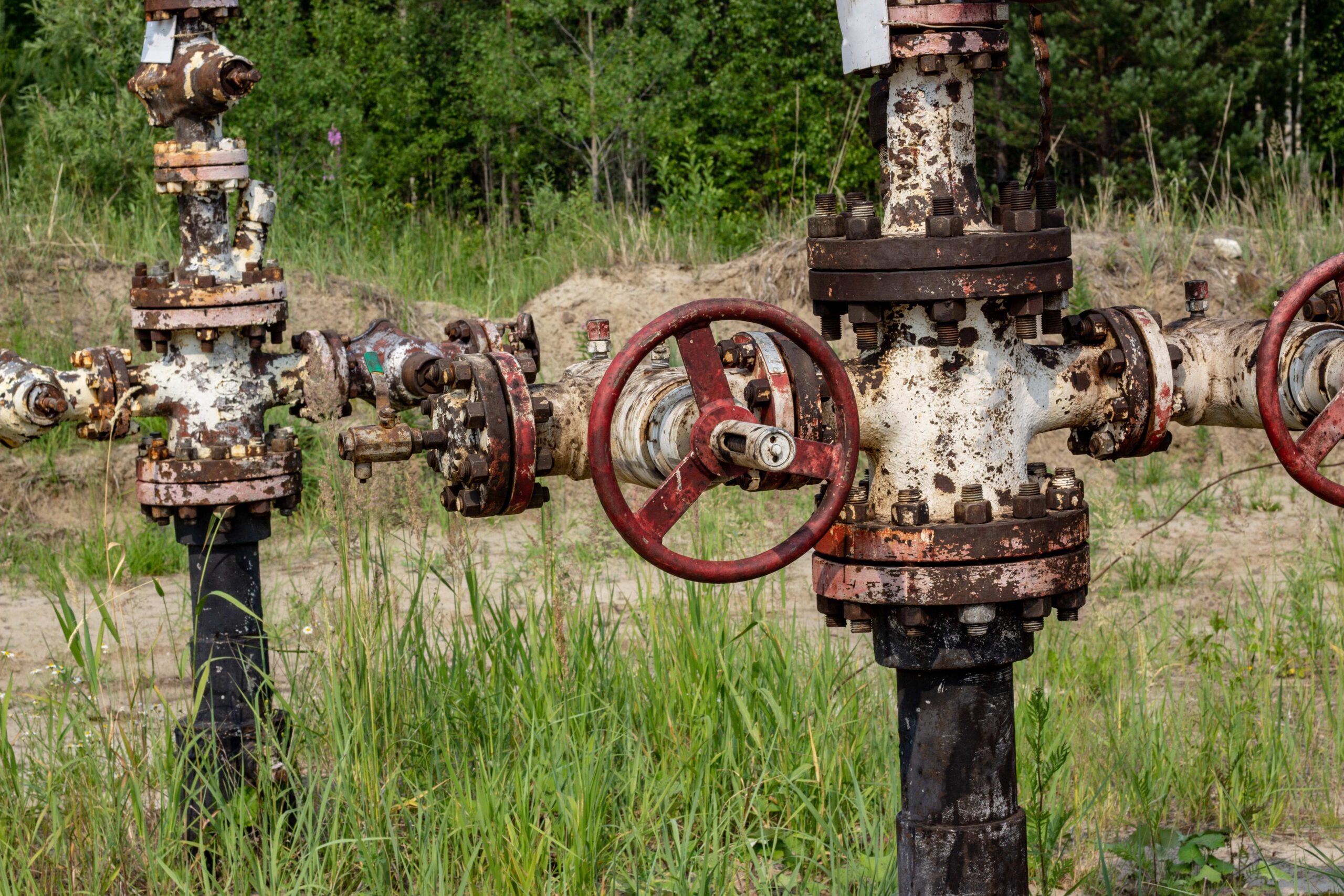This website uses cookies so that we can provide you with the best user experience possible. Cookie information is stored in your browser and performs functions such as recognising you when you return to our website and helping our team to understand which sections of the website you find most interesting and useful.
Letter from John Kadyszewski Director of the American Carbon Registry

Dear friends and colleagues,
For the first time in 60 years, we welcome in the Year of the Water Dragon, which brings the promise of creative ideas flowing like water, good fortune and momentous changes. New ideas and good fortune cannot come a moment too soon. We will need leadership from the resolute as the increasingly clear evidence of climate change challenges public and private institutions to respond.
We saw the first harbinger of change with the confirmation of California’s commitment to launch the first U.S. economy-wide cap and trade program in 2012. And in Durban, the unexpected was achieved as the world’s three largest emitters – China, the United States and India – joined the rest of the world and agreed for the first time to negotiate a legally binding commitment for emission reductions.
During 2011, we at the American Carbon Registry (ACR) remained steadfast in our commitment to demonstrate the value of market-based approaches to accelerate meaningful emission reduction actions.
For the California market, we continued our efforts to develop and test new, innovative carbon offset methodologies, several of which are being considered for adoption by the California Air Resources Board (ARB). Through collaborations that put the methodologies to work on the ground, we hope to demonstrate both rigor and usability. As one such example, ACR is collaborating with the California Farm Bureau Federation and the Environmental Defense Fund to pilot the ACR Fertilizer Management methodology with tomato producers in California.
Also in California, ARB announced its plans to tap the experience and innovation of the voluntary carbon market to help build and implement its offset program. We look forward to applying and anticipate being approved by the ARB in 2012 as an Offset Project Registry, helping to administer the California offset program through registration of projects developed using ARB-adopted compliance protocols.
On the methodology front, ACR approved its first REDD methodology as well as a methodology for Improved Forest Management (IFM) on Family Forestlands, which will be used to generate offsets for the Pinchot Institute’s Forest Health–Human Health Initiative.
We initiated the approval process for six new methodologies, expected to be adopted in 2012, including REDD+ modules, emission reductions in rice production, truck stop electrification, fertilizer rate reduction and wetlands restoration in addition to requirements for REDD+ projects nested within a jurisdictional framework. Other methodologies in development for approval in 2012 include Improved Forest Management (IFM) on Tribal Lands and several innovative approaches to reducing emissions associated with the beef and dairy sectors.
Our special interest in emission reductions in the land use and forest sectors led to the registration of seven new high quality afforestation / reforestation (A/R) projects in the U.S., Brazil and Madagascar. These projects include a new phase of GreenTrees through an investment by Norfolk Southern and a National Forest Foundation project, which will retire tons for Chevrolet.
Despite overall market conditions in 2011, it was a good year for ACR. We reached the milestone of issuance of over 30 million tons and registration of trades and retirements of close to 12 million tons in projects spanning 40 U.S. states and three continents. Of the 2.9 million ACR tons sold, retired or contracted in 2011, the average price per ton was $5.51, with a price range from under $1 to $14/ton, based on project type, volume and vintage.
Environmental Finance honored us with the award of runner-up “Best Registry Provider” in their global 2010 Voluntary Carbon Market Survey, based on efficiency and speed of transactions, reliability, innovation, quality of service provided and influence on the market.
In addition, ACR was recognized by the International Carbon Reduction and Offset Alliance (ICROA) as an approved ICROA carbon offsetting standard. ICROA companies are required to use offsets developed under approved standards to ensure offset quality.
And we launched our ACR Advisory Council, the esteemed members of which are helping to guide ACR to achieving our mission of harnessing the power of markets to improve the environment.
As we enter the New Year, we remind ourselves why Winrock runs a carbon offset registry. Winrock believes that climate change will have real and profound impacts on the poorest populations and the most fragile ecosystems around the world, and that markets are the most effective path to mobilize actions to reduce emissions.
As a Winrock enterprise, ACR’s role is to enhance confidence in the scientific and environmental integrity of offsets and to find innovative ways to achieve development goals with fewer emissions. We are also developing approaches to quantify health benefits, improvements in water quality, reductions in poverty and protection of biodiversity.
We are optimistic. We are excited to continue to work with ACR members, partners and supporters. We are humbled by the magnitude of the undertaking.
We look forward to the flow of ideas, the good fortune and the spectacular successes that the Year of the Water Dragon will bring for carbon markets.
Regards,
John Kadyszewski




